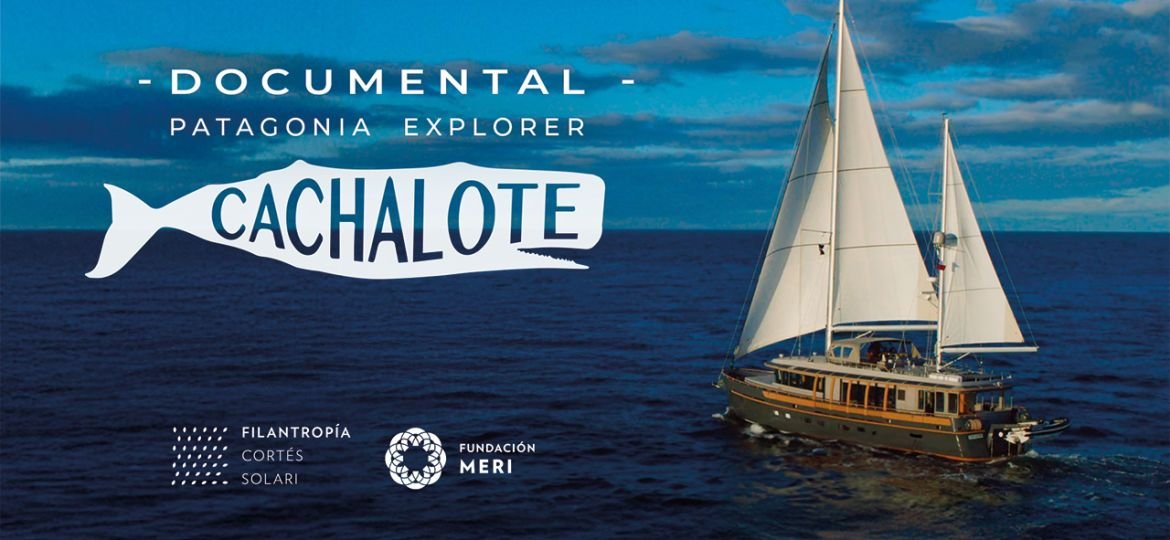Part of the MERI Foundation team, this Santiago-born young woman, now based in Chiloé, has carried out valuable work in environmental education and ecotourism with some of the most isolated communities in the Aysén Region.
Like many teenagers about to graduate from high school, Gloria Howes was confused. She liked mathematics and had once thought about studying commercial engineering, but one day she found inspiration and decided she wanted to pursue a degree that would make a contribution to society. That’s why she studied Administration in Ecotourism at Universidad Andrés Bello, and during her internship, she traveled to Chiloé to work at Estación Biológica Senda de Darwin, in Ancud. One of the objectives was to transform scientific knowledge into language that was oriented towards environmental education. “When I went there I felt so much passion for the scientific world and life in nature”, she says today, at 31 years old, on the phone from her home on the island.
Motivated by this experience, her second internship was at Parque Tantauco, where she lived and worked with the community of Caleta Inío: in this case, the plan was to create a proposal for ecotourism development with emphasis on the observation of cetaceans. “The local people were always interested in knowing more about what they had, what were the characteristics of each species and how to distinguish them. Seeing them as happy as I am to learn is what I love most about my work”, she said.
The experience was so positive that it encouraged her to go for more. After a few seasons in Tantauco, Gloria Howes went to Uruguay to work as a volunteer in a whale watching project. However, upon her return to Chile, her work options were limited and she spent a year working as a receptionist in a hotel in Valdivia. As she started to think that she would continue on that path, in 2013 she learned that the MERI Foundation -which works on conservation issues- was looking for a couple to take over the administration of a nature reserve in Melimoyu, an isolated town in Aysén, only accessible by sea, where 16 families live. She left immediately with her husband, whom she had met in Tantauco and who worked doing the same. In Melimoyu, one of her first tasks was to make a record of whale watching in the area, but also to make herself known to the local community. “Before, the land of the reserve belonged to a tourist project and the relationship with the people was not very good. So, we wanted them to get to know us, to talk to them. I worked teaching English classes at the school and helped set up a community library,” she said.
Always thinking about supporting the local community, Gloria Howes took charge of the Educational Programs and Ecotourism of the MERI Foundation, began to promote initiatives for the villagers to collaborate in the study of blue whales, and developed several educational workshops. In addition, from Melimoyu, together with the Foundation team, she began to make several expeditions by boat to other towns in Aysén, such as Puerto Gala, Puerto Cisnes and Raúl Marín Balmaceda, to teach these same workshops.
For this work, last year Gloria was awarded the Woman Leader in Sustainability recognition by the Ministry of the Environment. “I did not expect that recognition, but it made me very happy, because I felt that they were appreciating the work of an ant which sometimes is not very visible,” she said.
“In Melimoyu, we saw that the communities were interested in tourism development to have other sources of income, beyond working on salmon farms. I am passionate about the creation of this network in which we all seek the same thing, which is conservation and sustainable development”.
Source: El Mercurio




